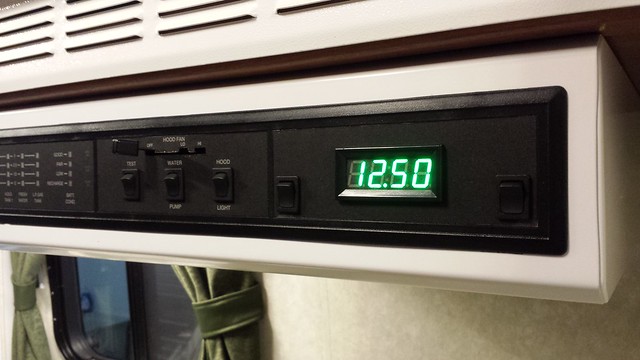fizikpal
Oct 26, 2017Explorer
warm/hot house batteries
Came home last night and heard the propane detector going off and there was a funny rotten egg smell. Hopped onto the internet to determine the potential cause (there are several) with one being the house batteries cooking. Low and behold went to go check them and sure enough they were warm to the touch and the area had a very strong odor.
Why they get hot. Could be that one, or both batteries, failed. Could be the converter is shot. OR..... Please fill in here.
The batteries were from Walmart and I had my receipt. BTW some good advice I got from here. Seal your receipt in the area you keep the batteries. If you ever have a problem you have the receipt right there.
Anyway, pulled out the batteries, went to Walmart and asked for an exchange. The batteries were 2 years and 4 months old. People there were extremely helpful and exchanged the batteries for free. I am hoping that this is the issue. I do not relish the idea of exchanging out the converter. Which would be next.
Why they get hot. Could be that one, or both batteries, failed. Could be the converter is shot. OR..... Please fill in here.
The batteries were from Walmart and I had my receipt. BTW some good advice I got from here. Seal your receipt in the area you keep the batteries. If you ever have a problem you have the receipt right there.
Anyway, pulled out the batteries, went to Walmart and asked for an exchange. The batteries were 2 years and 4 months old. People there were extremely helpful and exchanged the batteries for free. I am hoping that this is the issue. I do not relish the idea of exchanging out the converter. Which would be next.
